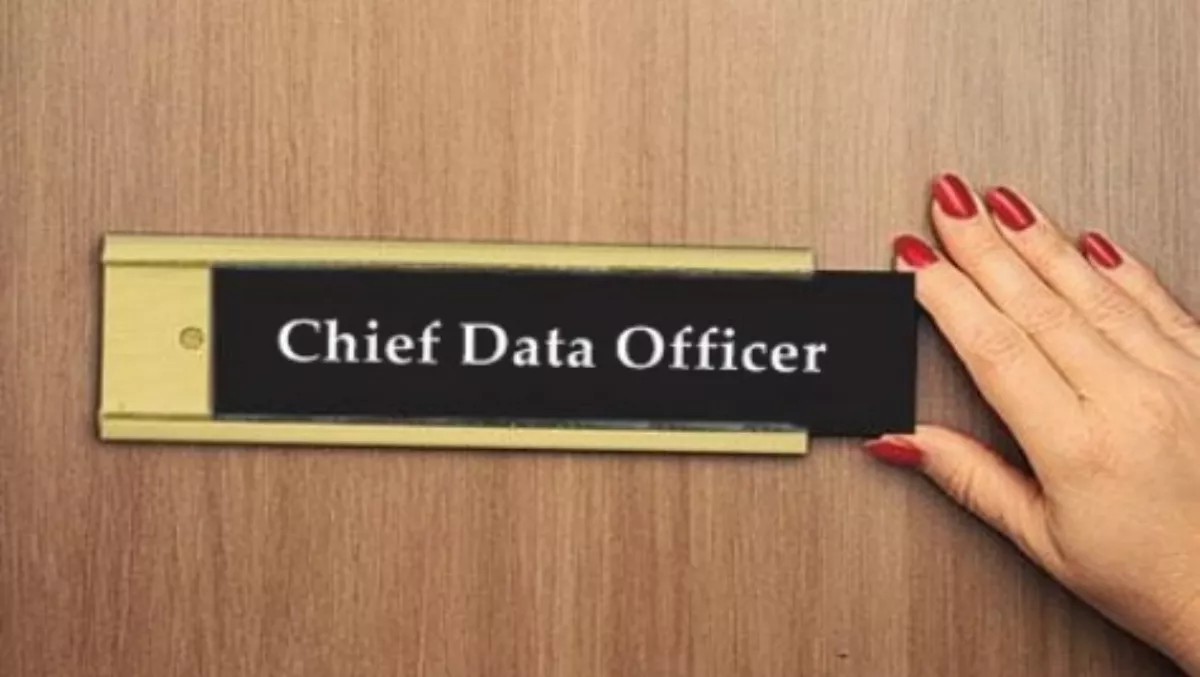Many industries have already been disrupted and redefined by digitalisation. As the digital revolution progresses, analyst firm Gartner says it will create an even greater need for new information management roles as business units rush to harness the digital opportunities of big data.
Gartner says that chief information officers and chief data officers should take the lead in anticipating and capitalising on digital remastery.
“Data has become vital to business growth and yet so complex that good outcomes are unlikely without executive focus,” the company says in a statement. “While many business units, such as R-D and marketing, are rushing to exploit data-based digital opportunities, others, such as legal and HR, are rightly concerned about ensuring compliance with regulations and protecting their company's information assets and reputation.
The IT organisation, led by the CIO, must play a role in both enabling digital business and ensuring security and compliance.
Gartner says the job of the modern CIO is increasingly overloaded with additional responsibilities relating to, for example, digital innovation, change management programmes and transformation.
As a result, CDOs will be ever more critical to the effective management and control of data. Gartner predicts that 25% of organisations will have a CDO by 2017, with that figure rising to 50% in heavily regulated industries such as banking and insurance.
Gartner's 2014 CEO survey (410 CEOs and senior business executives) found that 20% of large organisations' CEOs have already involved a data officer in leading their organisation's digital innovation.
Gartner warns that digital leadership is not a replacement or substitute for IT leadership; it is ‘an adaptation of business leadership to a digital context'.
"CIOs do not own the CDO's responsibilities,” says Debra Logan, vice president and Gartner Fellow. “CIOs and CDOs should have distinct and separate roles in the digital era, and they will need different skills and capabilities."
A CDO needs, among other things, a background that includes legal and compliance or risk management responsibilities, an understanding of ‘data as an asset', a solid background in the industry they work in, and knowledge of the tools and techniques of data modelling.
Gartner estimates that poor quality of data costs an average organisation $13.5 million per year, and yet data governance problems — which all organisations suffer from — are worsening.
Gartner says there are several reasons for this: data is not managed as an asset that crosses organisational boundaries, with the result that one group's optimised data is another's unusable data.
Few organisations use a consistent, common language for understanding business information and the semantics around it; instead, they generally maintain divergent and often conflicting definitions of the same data.
Gartner explains the CDO can address these challenges in several ways. He or she can manage data as part of business operations. Data management is on the same level, organisationally, as financial management and technology management — and just as important. "The CDO is a peer of the CIO, but practises a different discipline," says Logan. "The CDO also becomes an advocate of information, not just a governor of it.
“Increasingly, successful information governance is about advocating the use of information as a source of value, not just controlling and monitoring it,” she says.

